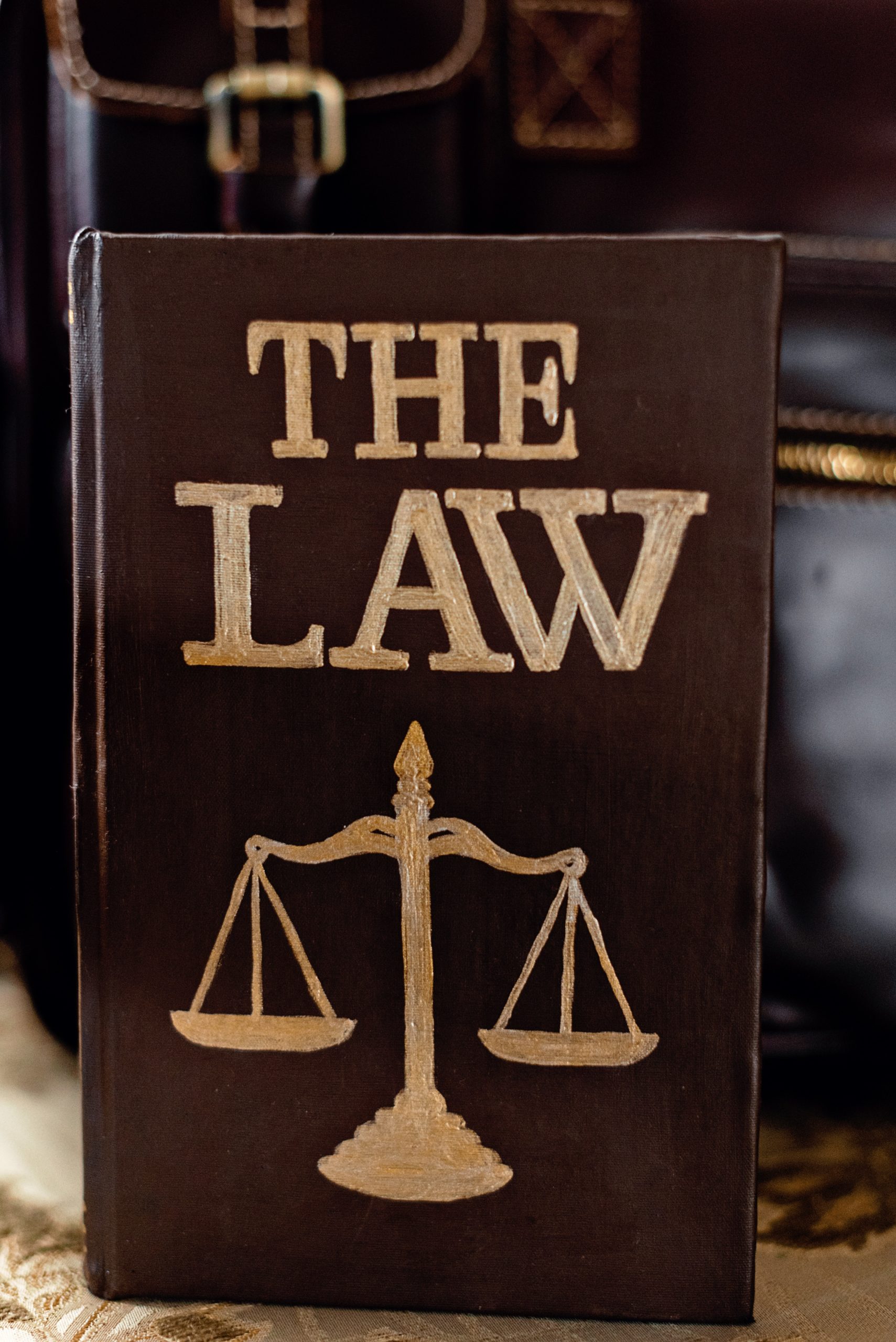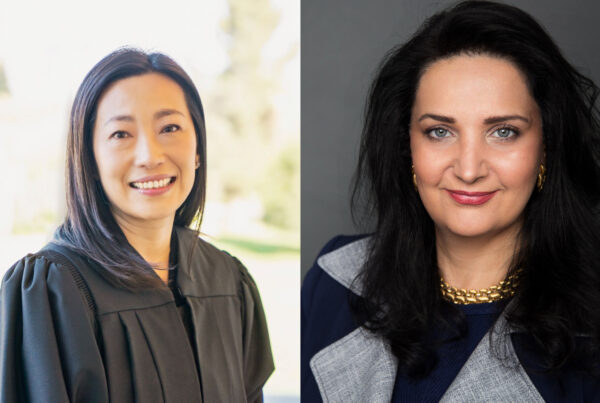The Committee on Judicial Ethics Opinions has fully adopted ethical guidance for outside speakers invited by the court.
The opinion advises courts to invite outside speakers and groups to give presentations as long as:
- The presentation does not undermine judicial impartiality
- The speakers represent a balance of interests and viewpoints
- The presentation would not lend judicial prestige to advance the outside speaker’s interests
- The presentation does not include improper political activity
- The outside speaker is not involved, or likely to become involved, in litigation before the court.
“Being exposed to a variety of educational speakers with different perspectives helps judges become better decisionmakers. However, judges also have a responsibility to assure the








